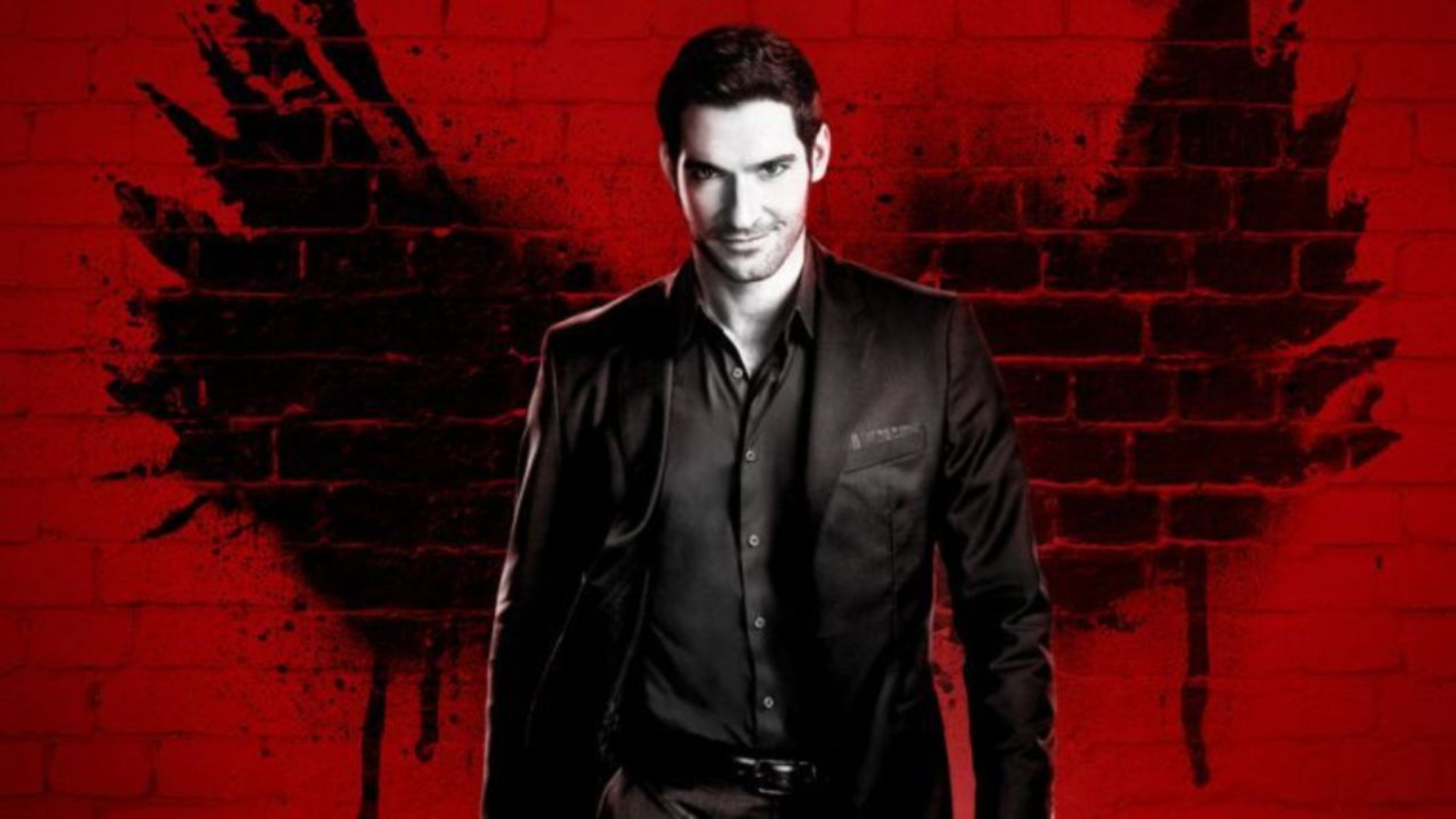Sympathy for the Devil: Why We Love the Fallen Angel
 |
| Image courtesy of Netflix |
-The First Fallen Angel-
I binged the entire three seasons of Lucifer in two
weeks. It completely flabbergasted me that a show about the Devil
solving crimes actually worked. I am fascinated by the depiction of
Satan in this show. He’s probably the most sympathetic version of the Devil
I’ve ever seen. Thank God Netflix picked it up for season 4.
In the meantime, it has me thinking about Mark Pellegrino’s version of Lucifer in Supernatural. Even Sadao Maou in the anime
The Devil is a Part-Timer. Why are all these characters so alive, sympathetic,
and delightful to watch?
I previously explored why television has gotten so dark
these last few years. When thinking about the sympathetic modern devil, I
believe there is a connection between these two thoughts.
 |
| Tom Ellis as Lucifer is the show “Lucifer.” Image courtesy of Fox. |
-Humans Are Fatally Flawed-
A very common notion is that Satan has a hand in tempting
people to sin. However, he’s not the only one. Vampires, demons, and other
dark, supernatural creatures all represent the same thing, and we are
fascinated by them. Like Bella Swan, we’re drawn to the beautiful and deadly
because it’s everything we want to be. Wild and free and without consequence.
| Yup, that's the terrifying/hot look. |
The devil takes the prize for being the most tempting, I
think, because he is an angel. If an angel can fall so far, what chance do we
little humans have against battling sin?
Which makes Lucifer in his self-named TV show that much
more fascinating to me. He enjoys playing human. Sure, he freely brags about
being the most famous fallen angel of all, but he’s still playing human. He
mingles, he has sex, he cries, and without meaning to, he falls in love. He’s
such an interesting character because, despite being an angel, he acts so
human.
I’m also constantly torn in Ellis’s portrayal between
being very attracted to him and being absolutely terrified of him, which is
right on the money for how I’d expect a real-life Lucifer to be.
-Dad’s Little Problem Child-
It’s really been emphasized in these modern renditions of
the Devil that he is a misunderstood son of a strict father. Supernatural goes
so far as to call Lucifer a brat throwing a temper tantrum. Pellergrino’s rendition of
Lucifer is constantly fighting with his siblings and breaking Daddy’s toys
because he feels wronged.
 |
| Mark Pellegrino as Lucifer in Supernatural. Image courtesy of CW. |
For his first season, Supernatural’s Lucifer is a very
sympathetic character. He appears to be acting in a way he feels he must, going
down the path that was chosen for him. He plays his card of being the cast-out
son guilty of loving his father too much. You feel sorry for him. He quickly
turns that around and his true colors are shown, particularly at the end of
Season 13 when he confesses in detail how much he loved smashing a girl’s head
in with his bare hands.
Lucifer also showcases how the character is a bitter
problem child. He, however, takes an entirely different path than his alter ego
in Supernatural, and decides to veer off his chosen path. The renditions are
very similar, but also very different. Both of them, to me, are very valid. As
an atheist and a storyteller, I appreciate both representations daring to shed
a light on what Lucifer feels about his position in the grand scheme of things.
-Misunderstood Intentions and Feelings-
The Devil is a Part-Timer is yet another interesting
concept for the Devil. This Satan is from a different dimension and lord over a
demon army trying to take over the world. He gets cast into our modern-day
Japan without his powers and ends up having to crawl up the food chain by
working at a knock-off McDonalds.
 |
| The Devil is a Part-Timer. Image courtesy of Netflix. |
Now more or less human, this version of Satan, Sadao
Maou, is forced to understand the humans he had been subjugating. He even says
in the first episodes, “It makes me wonder if humanity is the basis for all
life.” Occasionally, you see the evil demon king that he once was, but the
impression given is that he is just going through the motions. Again and again
he uses sudden surges in his power to save the humans around him in
catastrophe.
Even in Blue Exorcist, another anime, we’re shown a
flashback where the true intentions of Satan was to unite the demon and human
world, to build the paradise that he and his lover dreamed of. In reality, he
appears a madman, not realizing how damaging his dream is to his sons and their
world, and not really caring, either.
-Sympathy for the Devil-
I think there’s a lot to learn about what it means to be human by retelling the story of the first fallen angel. Whether he’s someone we can sympathize with or someone we learn not to be like. When it comes down to it, the fallen angel Lucifer seems
just as complicated as you and I are. Perhaps instead of asking “What if God
was one of us?” maybe we could ask “What if Lucifer was one of us?”
-Dana Lockhart
[Article first appeared on DVS Gaming as "Sympathy for the Devil: Why We Love Lucifer in Television"]






Now I have to ask myself.. WWLD
ReplyDelete